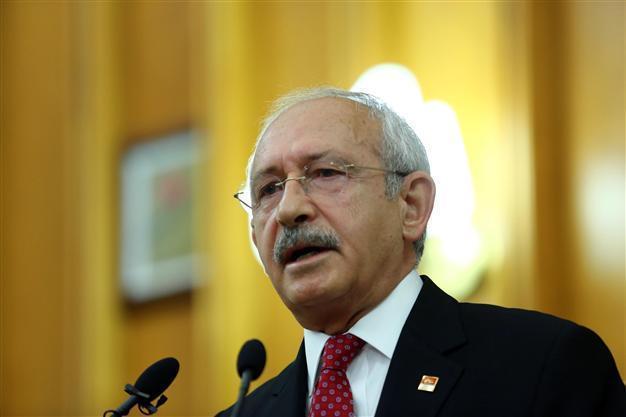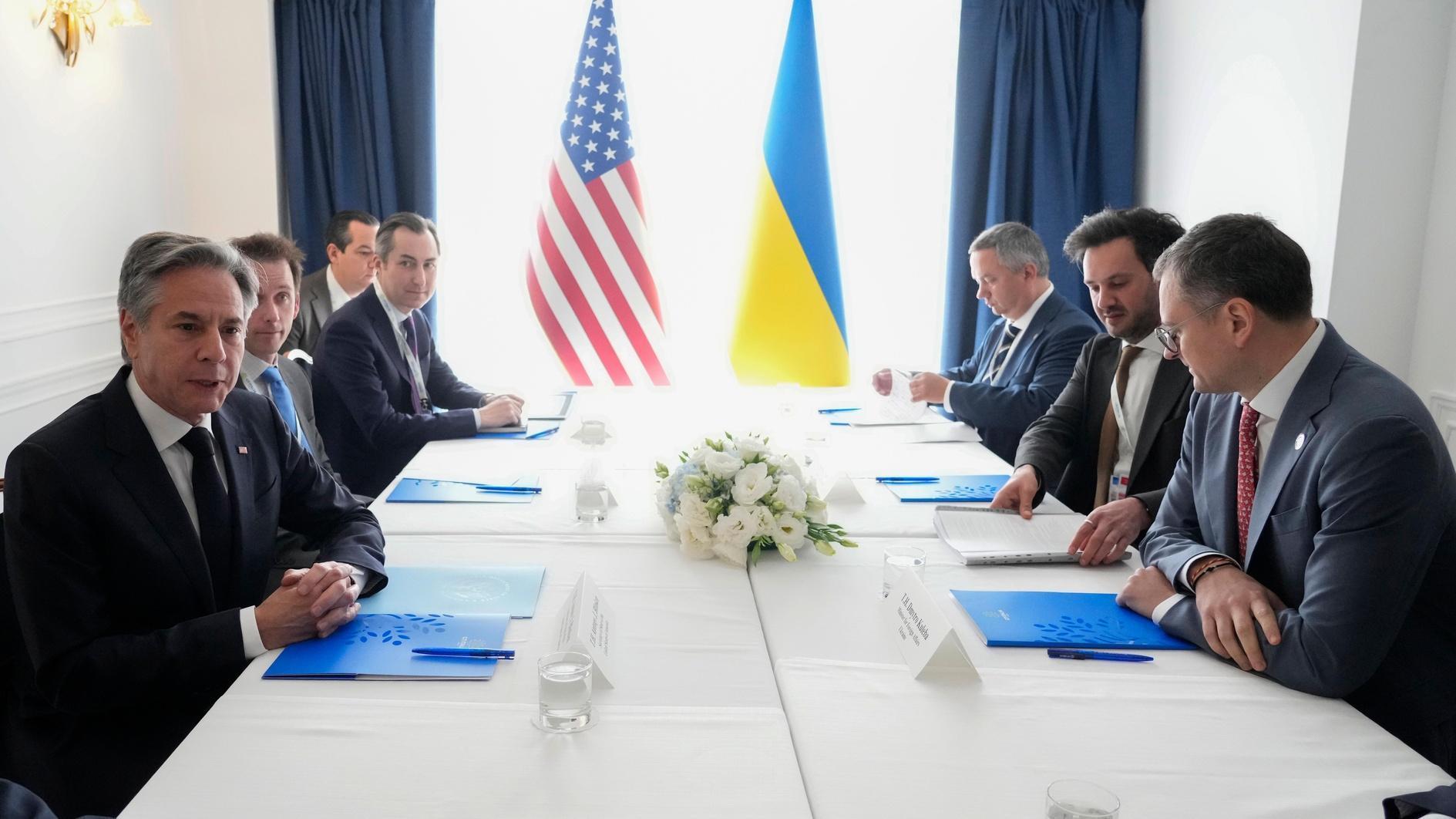CHP leader sees prospect of early election higher than a coalition gov’t
ANKARA

DHA photo
Citing a coalition government as the healthiest option which would offer a way out of the grave problems Turkey is currently facing, Republican People’s Party (CHP) leader Kemal Kılıçdaroğlu has nonetheless acknowledged an early election is more likely, despite ongoing efforts to form a coalition government.“I regard the possibility of an early election higher [than the formation of a coalition government]. There are good-intended steps [which have been] taken for a coalition but, giving a realistic look, this has certain difficulties,” Kılıçdaroğlu said in an interview with daily Yeni Şafak published on July 23.
The CHP’s former leader, Deniz Baykal, echoed what his successor said, but in more outspoken remarks he implied that parties have just been playing for time.
“AK Parti [Justice and Development Party - AKP] doesn’t want to form a government. The MHP [the Nationalist Movement Party] has already signaled its stance. That’s to say, coalition talks are from now on are solely composed of ‘theater.’ There is an election in November,” Baykal said on July 23, during a visit to the CHP party branch in Korkuteli in the southern province of Antalya.
Still, in Ankara, the CHP named its participants for imminent “exploratory” talks with the AKP in line with a decision made during a July 13 meeting between AKP leader Ahmet Davutoğlu and Kılıçdaroğlu, as part of the first round of coalition talks after Davutoğlu was given the mandate to form a government by President Recep Tayyip Erdoğan on July 9.
Davutoğlu already held a first round of coalition talks with the leaders of the CHP, the MHP and the Peoples’ Democratic Party (HDP) last week. No exact date has yet been set for the second round of talks, as a 45-day deadline for the formation of the government expires on Aug. 24. In the event no government is formed in 45 days, Erdoğan will call for early elections to take place in 90 days. In this sense, the elections could be repeated in the second half of November under the rule of an interim government composed of the four political parties present in the legislature according to their proportions.
Kılıçdaroğlu has maintained there will not be a major change in the number of votes for his party in case of an early election when compared to the June 7 parliamentary election results.
“Some surveys show us as having risen one point,” Kılıçdaroğlu said.
“I don’t know if there will be a point increase but the MHP may lose votes. This may be related to its rigid behavior [during the government formation stage],” he added.
“But in my opinion, the best review should be this way: let’s say that an early election is held and the Justice and Development Party came to power again. It has 18 deputies missing and it raised its current number of deputies by gaining 25 more seats. A four-year long rule with such a majority would be very difficult and it cannot continue with this opposition. It cannot make decisions and amend the constitution. It cannot resolve a gigantic problem like the Kurdish issue. Above all, if this policy in the Middle East continues like the way it is now, then Turkey will face much bigger problems. That’s why a coalition is really a very healthy way out,” Kılıçdaroğlu elaborated.
According to the official results, the AKP received 40.66 percent of the votes in the June 7 election, followed by the CHP with 25.13 percent, the MHP with 16.45 percent and the HDP with 12.96 percent.
Accordingly, the AKP has 258 seats in the 550-seat parliament and the CHP has 132, while the MHP and the HDP hold 80 seats apiece. The AKP, therefore, failed to secure the majority in the 550-seat parliament required to rule alone.
In relation to the stance mentioned by Baykal and in a move widely considered a sign of preparation for a possible early election, MHP leader Devlet Bahçeli kicked off a round of consultations with his party’s provincial branches.
After holding closed-door meetings in the central Anatolian provinces of Kırıkkale and Kırşehir on July 22, Bahçeli proceeded to Nevşehir and Aksaray for similar meetings on July 23.
Bahçeli’s move to visit the provincial branches of his party in order to “review Turkey’s political situation and explain the MHP’s view” at “expanded provincial consultation meetings” comes days after he implied with confidence his party would increase its votes in a possible early election.
















